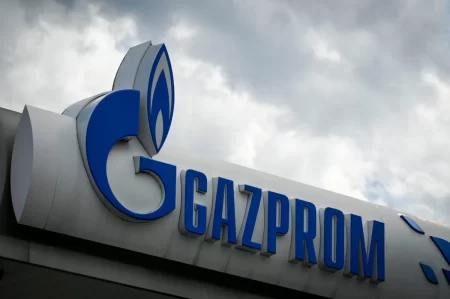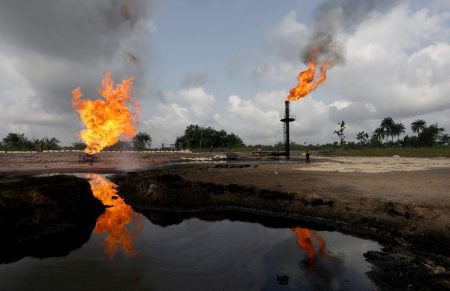 11 February 2014, Dar es Salaam – A group of Tanzanian MPs and government officials recently witnessed the off-loading of the last consignment of some of the materials to be used in the construction of the over 530-km Mtwara-Dar es Salaam natural gas pipeline.
11 February 2014, Dar es Salaam – A group of Tanzanian MPs and government officials recently witnessed the off-loading of the last consignment of some of the materials to be used in the construction of the over 530-km Mtwara-Dar es Salaam natural gas pipeline.
Led by the Chairman of the Parliamentary Energy and Minerals Committee, Mr Victor Mwambalaswa, the MPs expressed their excitement on the ongoing project and counted several benefits that are expected after its completion.
It was said that the country would save at least 1.6tri/- every year currently being spent on importation of diesel and other fuels used for generation of electricity and operating some industries.
Apart from massive saving of financial resources on importation of fuel for generation of electricity, availability of natural gas is going to catapult the country’s industrialisation programme.
Several industries in Dar es Salaam and beyond, including the Tanzania Breweries Limited, Tanzania Portland Cement Company and Tanga Cement, are reportedly set to use natural gas in their operations.
In Mtwara and Lindi, several industries are under construction including the giant cement factory by Dangote, which is expected to create at least 500 jobs.
Another cement factory by Meis in Lindi Region is also under construction. The firm is expected to engage over 1,000 people in direct employment on its completion.
Availability of electricity will lead to the expansion of Mtwara Port and establishment of thousands of small-scale and medium enterprises in Lindi, Mtwara and Ruvuma regions.
The Tanzania Electric Supply Company (Tanesco) and other stakeholders in the energy sector have already started giving special attention to residents in Lindi and Mtwara regions, especially areas where the 538-km natural gas pipeline will pass.
The benefits include reduced electricity connection charges and support to schools, hospitals and other community services in the areas.
It is hoped that the residents of Mtwara and Lindi regions will also take advantage of the unfolding scenario and transform their living conditions after many years of marginalisation.



